An effort to combat acid attack
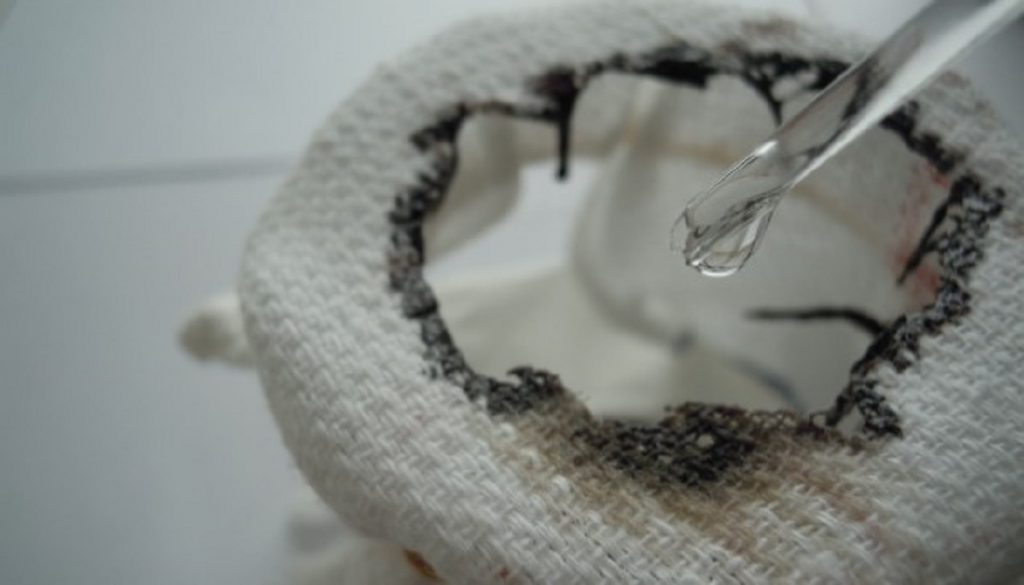
[responsivevoice_button voice=”US English Male” buttontext=”Read out this Theel for me”]
Laxmi Agarwal, an acid attack survivor and an Indian TV host, said, “I learnt to live with the physical pain, but what hurts more was the way the society reacted. My own relatives stopped seeing me, as did my friends. I stayed indoors for eight years and ventured out only in a ghungat.” Pragya Singh, Anmol Rodriguez, Chandrahass Mishra, Firoz Khan, Reshma Qureshi, and many more experienced the same social stigma and faced an enormous struggle in their day-to-day life.
From the statistics of previous years, we can see that in Indian courts, 523 cases were moved for trial in 2018. In 2017, 442 cases were registered, and in 2016, the number was 407. However, the cases of acid attacks that the courts disposed of, out of all the cases that went for trial in 2016 was 6.6 percent. This number went up in 2017 up to 9.9 percent. But again made a fall in 2018 to 6.11 percent. The total number of acid attack cases that were disposed of after police investigation in 2016 was 196, 182 in 2017, and 150 in 2018. While the conviction rate in acid attack cases in 2016 was 2.46 percent (10 cases out of 407), in 2017, it was 3.39 percent (15 cases out of 442), and in 2018 it was 3.36 percent (19 cases out of 523). We can see that the growth rate is almost negligible. Though we understand that the judicial process is a complex one and requires time, the delay in judgment slows down the entire process of investigation. This piles up the cases from previous years and makes the situation more complicated. Hence, speeding up the entire process is very important.
However, to stop acid attacks in the first place, understanding the reasons for acid attacks, identifying the areas in which most of the acid attacks took place, and knowing about the preventive measures is of utmost importance. West Bengal, Uttar Pradesh, and Delhi contribute to almost half of the country’s acid attacks. West Bengal (50), Uttar Pradesh (40), and Delhi (11) – that is a total of 101 cases out of 228 incidents, which are 44 percent of all the cases that took place in 2018 in the country.
Stalking is a crime that is often ignored in the state, which is one of the major reasons for acid attacks. Also, the sale of acid must be regulated. In 2013, the Supreme Court banned the counter sale of acid. Only the authorized outlets can sell the volatile liquid provided that the buyers produce proper identity proof, and transaction details are sent to the police within three days. The minimum punishment for an acid attack is ten years imprisonment, which may extend up to life imprisonment with a fine under Section 326 A of the Indian Penal Code.
Even after this, acid attacks on women continue to rise. The reason can be the illegal supply of acid in the states. Two kinds of acids are used by the attackers mainly – sulphuric acid that is used in industries and hydrochloric acid produced for cleaning purposes. But both of them can be bought easily. Surveys undertaken by the acid attack activists show that, at various regions, acid is openly sold for Rs 40 a bottle. A shopkeeper was even ready to give 13 liters of acid only after seeing an Aadhar Card. Despite Supreme Court orders, acid continues to be sold in Delhi and other states as well. This is unacceptable and must be reported immediately. The illegal sale of acid must be stopped, and strict actions must be taken against them.
“ETHICS,” or moral philosophy, is a branch of philosophy involving systematizing, defending, and recommending concepts of right and wrong behavior. It resolves the questions of human morality by defining concepts such as good and evil, right and wrong, justice, and crime. The feelings of jealousy, anger, and ego lead to the attempt of an acid attack. In all the cases, the victims have revealed that whenever the criminal has been faced with resistance regarding what he wanted from the victim, he performed the vicious act of throwing acid on him/her. This clearly states the unstable and destructive mentality of criminals. They lack moral ethics.
In order to resolve the issue, the deeply-rooted source of the problem must be taken into consideration. I strongly feel that every individual must be aware of the “consent of another individual,” the increasing need to get practical knowledge of controlling destructive feelings like anger and jealousy must be introduced to society. The criminals who had thought to throw acid on a person would not stop only if the sale of acid is banned. He/She will take other dangerous steps to humiliate the person. Hence, the inner inculcated thoughts must also be controlled in order to actually solve the severe problem of acid attacks in the future.
Society plays an essential role in an acid attack issue. We, as individuals, need to support the victim who has to suffer without any fault of his or her own in the first place. They need support. The physical pain, mental stress, anxiety, and depression caused due to the acid attack are severe. They need to be properly guided and understood.
Chhanv and Meer Foundations support the acid attack survivors and help them find jobs and become independent, which is very important to raise the confidence of the victims. The Hans Foundation, one of the largest charitable organizations, provides psychological counseling services, medical support, livelihoods, legal and educational support to the acid attack survivors. Financial assistance of Rs 1 lakh is offered to the female acid attack victims from the Prime Minister’s National Relief Fund. In the case of male victims, financial assistance of up to Rs. 1 lakh is granted, depending on the scale of injuries and other criteria. But the policy came into effect only from 8th December 2016, so the victims who suffered from acid attacks before the said period are not eligible to get the grant from PMNRF.
We can create a difference by our small donations and token of love for the survivors. Society needs to create a place safer for women. The victims need to raise their voices again, stand, and fight for themselves. An acid attack survivor once said,
He changed my face, not my heart.
He threw acid on my face, not my dreams.
Featured Image Credits: Wikimedia


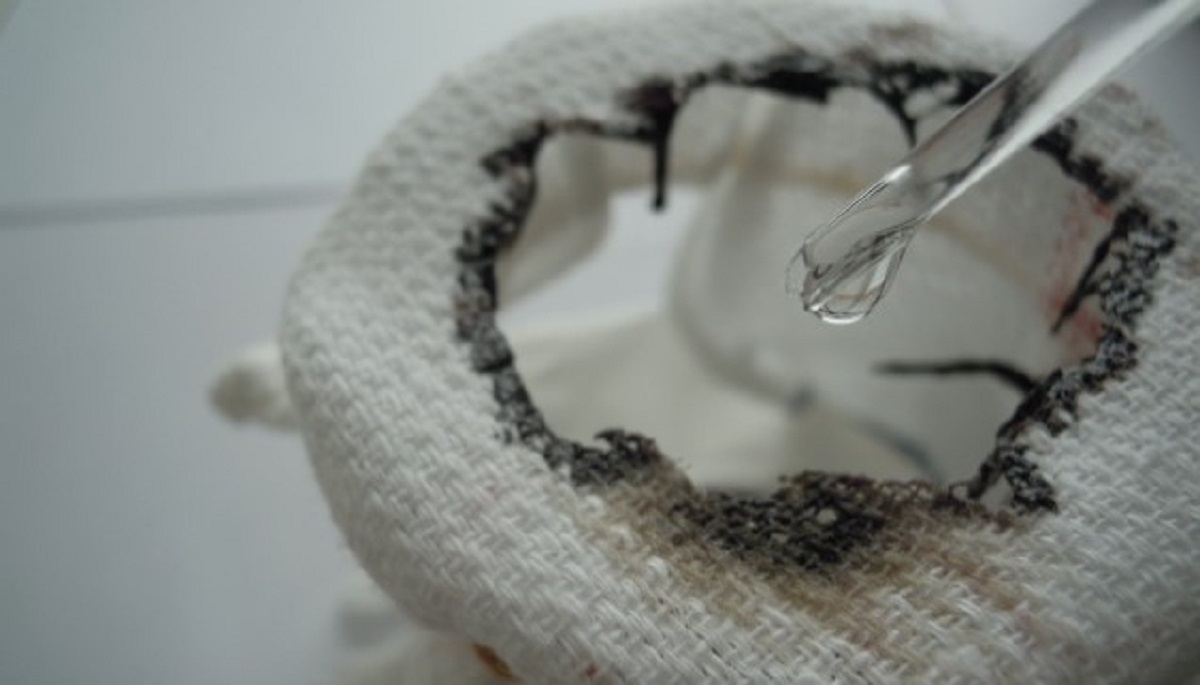
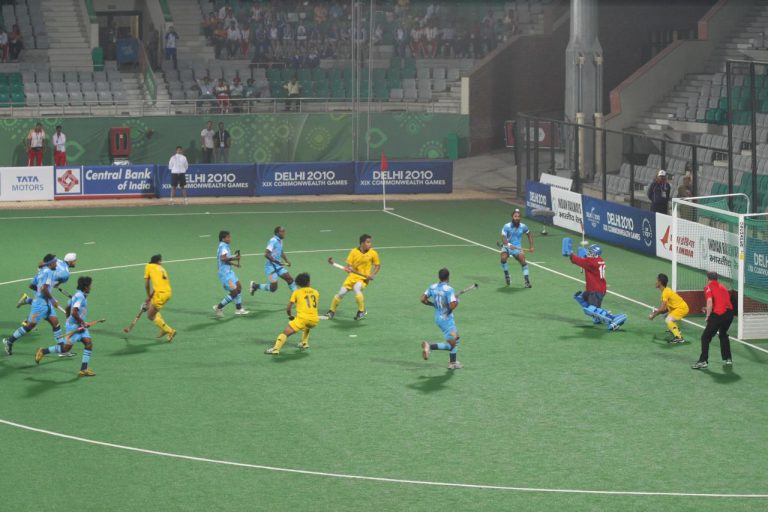


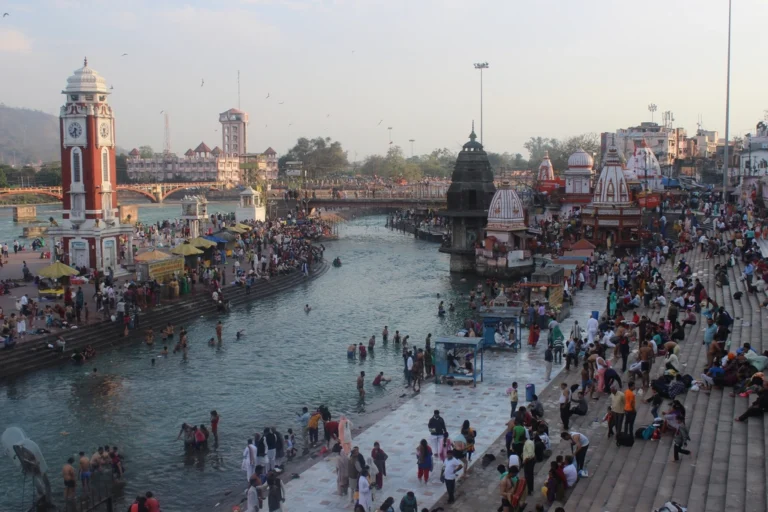
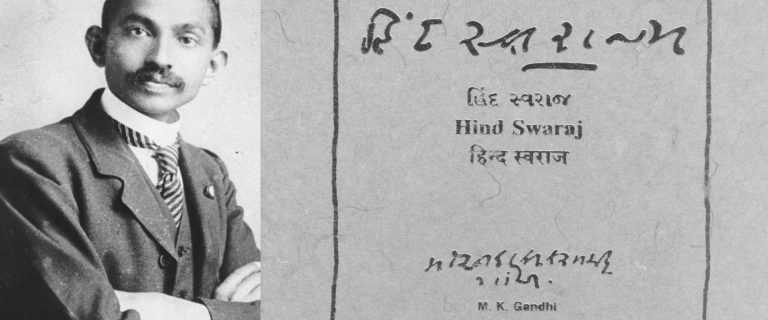

very will articulated the nice researched article
Thank you so much. I am glad that you liked it. 🙂
Keep reading pal!